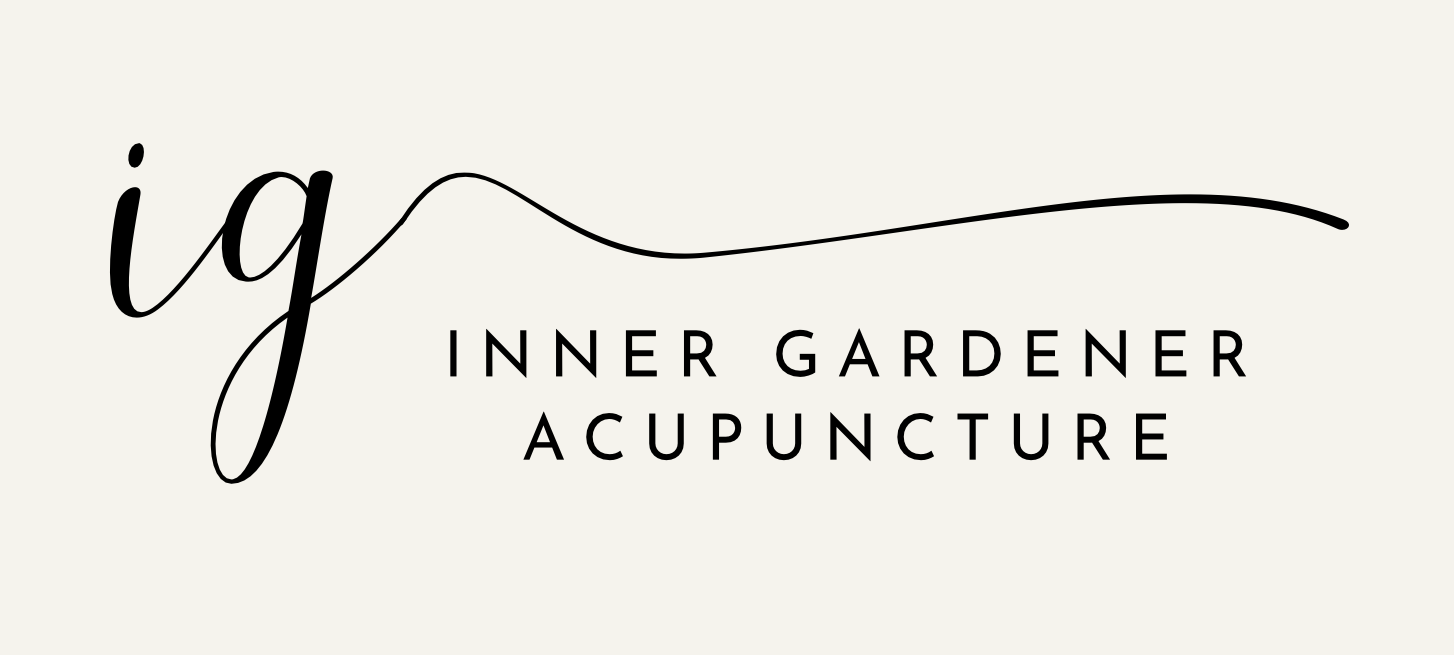Acupuncture and the Autonomic Nervous System: More Than Just Pain Relief
When people come in for acupuncture, they often expect one thing: pain relief. But then they start noticing other benefits.
“I’m getting better sleep.”
“My blood pressure is better than it’s ever been.”
“I feel calmer.”
“My digestion seems to be improving.”
These changes happen because acupuncture works through your autonomic nervous system (ANS)—the body’s built-in regulator of balance and health.
What Is the Autonomic Nervous System?
Think of the autonomic nervous system (ANS) as your body’s autopilot. It runs in the background 24/7, keeping you alive and balanced without you having to think about it.
The ANS controls:
Heart function – regulating heart rate and blood pressure
Respiration – controlling breathing rhythm and depth
Digestion – moving food through your stomach and intestines, releasing enzymes, and absorbing nutrients
Temperature regulation – making you sweat when you’re hot and shiver when you’re cold
Hormone rhythms – influencing your adrenal glands, thyroid, reproductive hormones, and circadian cycles
Immune activity – deciding whether your body is in defense mode or healing mode
Sleep-wake cycles – balancing melatonin, cortisol, and other signals that guide your circadian rhythm
Stress response – managing how your body reacts to danger, deadlines, or emotional triggers
When stress, pain, or illness push your system off balance, the ANS gets stuck in “fight or flight” mode (sympathetic overdrive) or crashes into “freeze mode.”
That’s when symptoms—like chronic pain, poor sleep, or irregular blood pressure—start showing up.
How Acupuncture Resets the ANS
Acupuncture points are like access points to your operating system. By stimulating specific points, acupuncture activates the parasympathetic (rest-and-digest) side of your nervous system while calming the overactive sympathetic (fight-or-flight) side.
The result? More than just pain relief.
That’s because acupuncture restores rhythms, not just relieves symptoms.
Acupuncture vs. Dry Needling
One of the most common questions I hear: “What’s the difference between acupuncture and dry needling?” Lets break it down.
Dry Needling
Performed by physical therapists or chiropractors
About 40 hours of training for a certificate
Targets muscle trigger points for pain relief
Acupuncture
Requires a Master’s or Doctorate degree and thousands of clinical hours
Uses the nervous system and meridians to regulate the entire body
Treats pain and whole-body health—sleep, stress, hormones, digestion, energy
Utilizes the Traditional Chinese Medicine framework, which includes tongue and pulse diagnosis, herbal formulas, cupping, tui na and acupuncture.
Dry needling is a “western term” for just one acupuncture technique of needling aishi points, which translate as sore or achey point on the body.
The simple difference: Dry needling stops at the muscle. Acupuncture works on the entire nervous system, with a more comprehensive approach to the individuals constitution.
Why This Matters for You
When you choose acupuncture, you’re not just treating pain. You’re choosing a therapy that regulates your whole self—nervous system, hormones, blood pressure, sleep, and stress.
Pain relief is only the beginning. The deeper benefits come from acupuncture’s ability to reset your autonomic nervous system and restore the body’s natural balance. When the body feels safe to heal, that’s where the magic happens.
In today’s high-stress world, many people are stuck in sympathetic overdrive—always “on,” anxious, in pain, unable to rest, go-go-go mode. This leads to poor sleep, high blood pressure, digestive issues, hormonal imbalances and chronic inflammation.
This is exactly where acupuncture shines: by stimulating specific points, acupuncture helps the parasympathetic system step up, calms the overactive sympathetic system, and restores equilibrium to your entire body. The results, pain relief yes—but a whole lot more.
